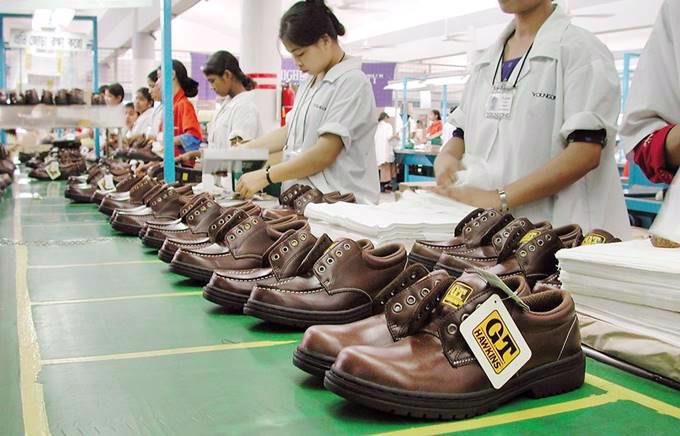EuroCham Vietnam released its latest Business Confidence Index (BCI) on April 4, offering a snapshot of guarded optimism among European businesses operating in Vietnam about Vietnam's economy amidst global trade tensions
With 64.6 points recorded for the first quarter, the BCI suggests relative confidence – but with a clear undercurrent of uncertainty.
The Government News quoted the BCI as reporting that Vietnam's ongoing economic reforms and structural improvements helped bolster positive sentiment at the time of the survey. European firms recognized these efforts and, broadly speaking, responded with a neutral-to-positive stance on the business climate.
Business sentiment among European companies operating in Vietnam in the first quarter showed modest signs of improvement compared to previous quarters: 42 per cent of respondents reported a neutral stance on the business environment – suggesting a preference for vigilance amid ongoing changes.
At the time of the survey from March 10-27, Vietnam's solid economic growth and positive GDP forecasts (cited by 37 per cent) provided a degree of reassurance. Respondents also highlighted trade and investment opportunities (24 per cent) and a rebound in consumer spending and tourism (18 per cent) as favorable signs.
While 68 per cent of European business leaders said they would recommend Vietnam as an investment destination–highlighting their long-term commitment–this figure reflects a 7-point drop from the fourth quarter of last year, when 75 per cent expressed similar confidence. This suggests a more reserved view of Vietnam's investment climate as firms adopt a more measured approach.
Respondents identified key areas where further progress would strengthen Vietnam's appeal to foreign investors, with infrastructure development (37 per cent) as the top priority for enhancing Vietnam's investment attractiveness.
Other points noted were streamlining administrative processes (29 per cent) to reduce bureaucratic inefficiencies; easing visa and work permit procedures for foreign experts (24 per cent); as well as greater clarity in laws and stronger law enforcement (21 per cent). These priorities indicate that while commitment remains, European firms are looking for tangible improvements to match their long-term confidence.
Vietnam's ongoing government restructuring process was met with neutral to cautiously optimistic responses. While most businesses did not expect immediate improvements, many expressed hopes for progress by 2026.
Key anticipated improvements include a shift to digital submissions and approvals (45 per cent); faster processing times for administrative procedures (26 per cent); and decentralization of decision–making at local levels (25 per cent).
Regarding the provincial mergers, over 40 per cent of respondents believed these changes could eventually improve administrative efficiency and reduce regulatory complexity. Interestingly, 44 per cent suggested their operations would function best if Vietnam reduced its number of provinces to below 30, pointing to a preference for leaner governance.
As Vietnam navigates structural reforms and external challenges, European businesses are demonstrating a continued – but guarded – confidence in the country's trajectory.
Mr. Bruno Jaspaert, Chairman of EuroCham, was quoted by the Government News as saying that the resilience of Vietnam's economy is not just built on growth figures but also on its ability to adapt–both structurally and diplomatically–amid shifting global currents. While recent developments, including trade policy shifts, introduce new complexities, the broader trajectory remains one of engagement and opportunity.









 Google translate
Google translate